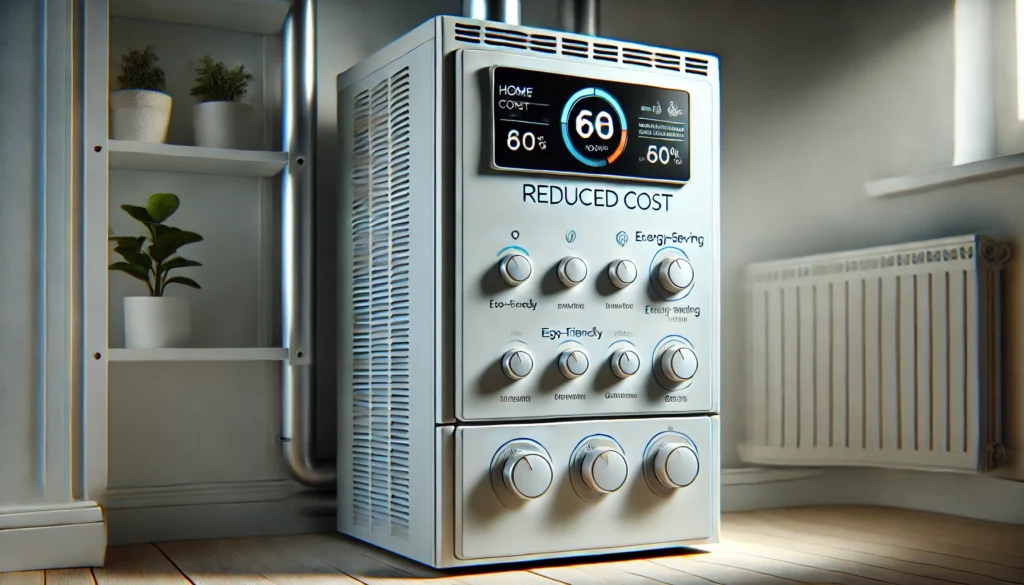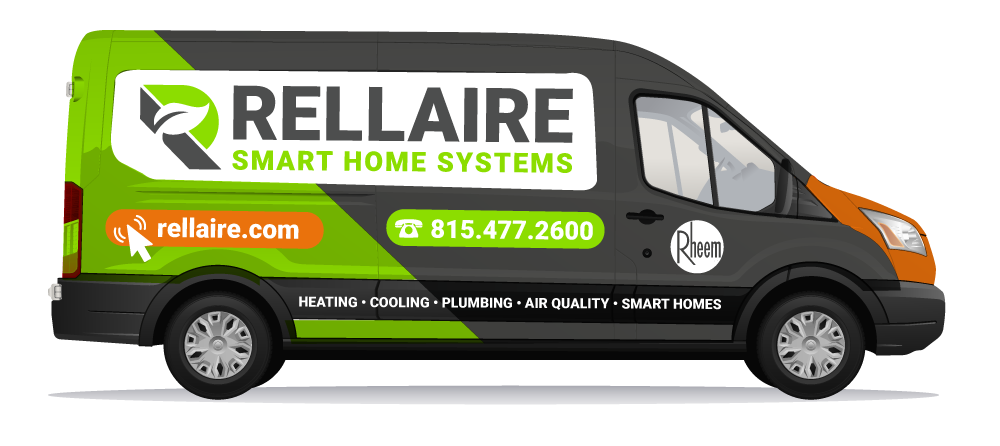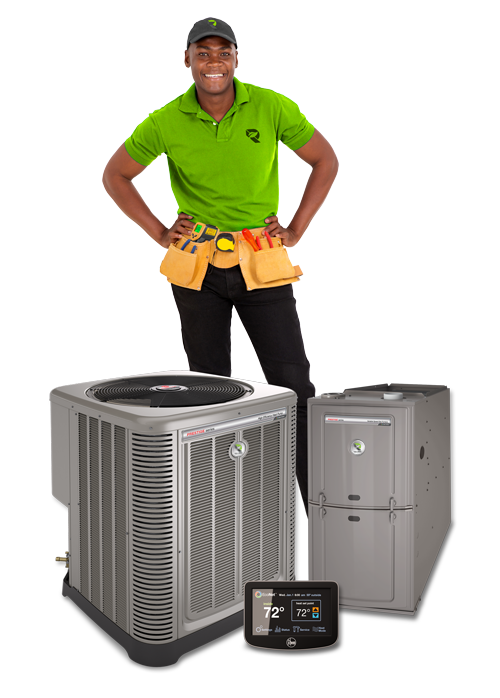Strategic Thermostat Settings for Enhanced Furnace Efficiency
At Rellaire Smart Home Systems, we recognize that managing your thermostat settings is one of the simplest yet most effective ways to enhance furnace efficiency and reduce energy costs. Understanding the best practices for thermostat management can lead to significant savings and a more comfortable home environment.
Optimal Temperature Settings
We advise setting your thermostat to the lowest comfortable temperature during the winter months. Typically, setting the thermostat to 68°F (20°C) during the day while you are awake and lowering it by 7-10 degrees Fahrenheit at night or when the house is unoccupied can yield substantial energy savings. This strategy utilizes the principle of reducing heating costs by minimizing the temperature differential between the indoors and outdoors, which decreases the rate at which heat leaves your home.
Utilizing Programmable Thermostats
Programmable thermostats can automate the above temperature adjustments, eliminating the need for manual changes and ensuring that these adjustments are made at optimal times. For instance, you can set the thermostat to automatically lower the temperature an hour before you leave for work and to return to a comfortable level just before you come home. These devices can store multiple daily settings that you can manually override without affecting the rest of the daily or weekly program.
Smart Thermostats for Advanced Control
For those looking to take energy efficiency to the next level, smart thermostats offer advanced features that go beyond simple programmable settings. These devices can learn your schedule and temperature preferences and adjust automatically. They can also be controlled remotely via smartphone apps, which is perfect for making adjustments when you’re away from home unexpectedly. Additionally, smart thermostats provide energy usage reports that help you understand your heating patterns and identify opportunities for further savings.
Zoning Systems Integration
Integrating your thermostat with zoning systems offers another layer of efficiency. Zoning systems divide your home into different areas, each controlled independently based on usage and occupancy. This means heating only the areas that are in use, which can significantly reduce wastage and enhance comfort. For homes with varying occupancy or architectural features that cause uneven heating, zoning systems paired with smart or programmable thermostats can effectively manage energy use while maintaining different temperatures in designated zones.
Maintaining Your System
Beyond thermostat management, regular maintenance of your furnace is vital. Ensure that heating vents are not blocked by furniture or drapes, and check the air filters monthly during the heating season to see if they need cleaning or replacing. A clean filter will not only improve air quality but also increase the efficiency of your furnace by ensuring smoother airflow. Annual professional check-ups should also be scheduled to inspect the furnace’s operation and to make any necessary adjustments or repairs.
By adopting these settings and maintenance tips, you can maximize your furnace’s efficiency, cut down on energy costs, and extend the lifespan of your heating system. Rellaire Smart Home Systems is committed to helping you achieve these goals with our expert advice and professional services.
Leveraging High-Efficiency Furnace Features
At Rellaire Smart Home Systems, we emphasize the importance of leveraging high-efficiency features in modern furnaces to significantly enhance energy savings and environmental sustainability. High-efficiency furnaces are designed with advanced technologies that improve performance and reduce energy consumption. Here’s how you can make the most of these innovative features.
Secondary Heat Exchangers
One of the standout features of high-efficiency furnaces is the inclusion of secondary heat exchangers. These components capture heat from exhaust gases that would otherwise be vented outside and lost. This process not only maximizes the heat generated from the fuel but also cools the exhaust to a point where water vapor in the gas condenses, releasing additional heat energy that can be utilized. This condensing process can increase the efficiency of a furnace to over 90% AFUE (Annual Fuel Utilization Efficiency), compared to traditional models that might only offer 80% AFUE.
Variable Speed Blowers
Variable-speed blowers are crucial in high-efficiency furnaces. Unlike standard single-speed motors, variable-speed blowers can adjust their speed to precisely match the heating needs of your home. This adaptability not only ensures maximum comfort by maintaining more consistent indoor temperatures but also reduces electricity usage. The blower speed adjustments are gradual and operate mostly at lower speeds, which significantly cuts down noise and enhances the distribution of heat throughout your home, eliminating hot and cold spots.
Modulating Burners
Modulating burners adjust the burner flame to varying levels of intensity, allowing the furnace to operate more efficiently by matching the specific heating demands at any given time. This means that instead of turning on and off at full capacity, the furnace can operate at lower levels for longer periods, providing more even heat distribution, greater comfort, and improved fuel usage. Modulating burners can often work in tandem with variable speed blowers to optimize the furnace’s operation under varying climatic conditions.
Smart Thermostat Compatibility
Modern high-efficiency furnaces are often compatible with smart thermostats, which can further enhance energy savings. Smart thermostats allow for detailed scheduling and automatic temperature adjustments based on real-time data, such as the weather or occupancy patterns. They can also provide detailed energy usage statistics, allowing homeowners to make informed decisions about their heating practices. Integration with mobile apps enables remote control of the furnace.
Sealed Combustion Units
High-efficiency furnaces typically use sealed combustion units, which draw air from outside the home for combustion, rather than using indoor air. This feature not only improves safety by reducing the risk of carbon monoxide buildup within the home but also enhances efficiency, as the furnace does not have to heat colder outside air drawn into the house. Additionally, sealed combustion units are less susceptible to performance issues caused by drafts or leaks in the building envelope.



